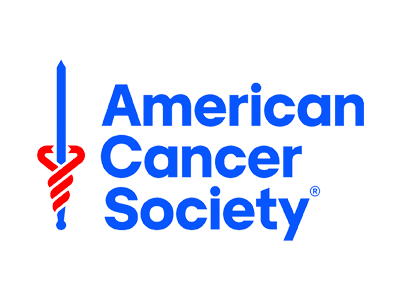CMS Investigative Study to Examine Benefit of Multi-Cancer Early Detection Tests for Medicare Beneficiaries

- December 1, 2023
- Clinical Practice Updates, News
A Pathway to Coverage Once Tests Show Clinical Benefit a Critical Next Step
WASHINGTON, DC – November 20, 2023 – Grail, LLC announced this morning that the Centers for Medicare and Medicaid Services (CMS) and Food and Drug Administration (FDA) approved an Investigational Device Exemption (IDE) study for the company’s Galleri multi-cancer early detection (MCED) test to evaluate the technology’s capacity to reduce late-stage cancer diagnoses for the large group of cancers without a traditional screening strategy. The study is expected to enroll up to 50,000 Medicare beneficiaries, including diverse and rural seniors to ensure robust Medicare data in populations traditionally underrepresented in studies. The IDE Study will also include a control arm.
To date, FDA-approved cancer early-detection tests have only had the capacity to evaluate single cancer types. Published early data from multi-cancer early detection blood tests developed by private and academic entities indicate that the tests can screen for multiple cancers at the same time, including rare cancers.
“The study has the potential to meaningfully increase the evidence base to help inform the capability of MCEDs to revolutionize the way we detect cancer in earlier, more treatable stages,” said Dr. Karen E. Knudsen, CEO of the American Cancer Society and the American Cancer Society Cancer Action Network (ACS CAN). “Because the risk of cancer increases with age, Medicare beneficiaries make up the majority of individuals diagnosed with cancer and are especially vulnerable to the disease. A simple blood test may be more accessible to residents in rural and other underserved communities, extending innovative screening options, once FDA-approved and shown to have clinical benefit.”
While the IDE study will cover the cost of administering the test for beneficiaries enrolled in the study, even if proven safe and effective, once the study concludes, coverage will not be guaranteed. ACS CAN continues to advocate for a pathway to coverage in Congress through H.R. 2407 (the Nancy Gardner Sewell Medicare Multi-Cancer Early Detection Screening Coverage Act) and S. 2085 (the Medicare Multi-Cancer Early Detection Screening Coverage Act) if MCEDs are shown to be efficacious. The bill has a bipartisan support with a majority of members cosponsoring the legislation in both chambers of Congress.
“Currently, Medicare only covers early detection tests for breast, cervical, colorectal, lung, and prostate cancers. The Multi-Cancer Early Detection Screening Coverage Act would allow CMS to initiate an evidence-based coverage process for a multi-cancer screening test following FDA approval and demonstrated efficacy, avoiding a delay in expanding access to early detection of cancers for which we presently do not have a screening strategy,” said Lisa Lacasse, president of ACS CAN. “To end cancer as we know it, for everyone, it is critical that both discovery and access to innovation are prioritized on a parallel track.”
###
About the American Cancer Society
The American Cancer Society is a leading cancer-fighting organization with a vision to end cancer as we know it, for everyone. For more than 100 years, we have been improving the lives of people with cancer and their families as the only organization combating cancer through advocacy, research, and patient support. We are committed to ensuring everyone has an opportunity to prevent, detect, treat, and survive cancer. To learn more, visit cancer.org or call our 24/7 helpline at 1-800-227-2345. Connect with us on Facebook, Twitter, and Instagram.
About ACS CAN
The American Cancer Society Cancer Action Network (ACS CAN) makes cancer a top priority for policymakers at every level of government. ACS CAN empowers volunteers across the country to make their voices heard to influence evidence-based public policy change that improves the lives of people with cancer and their families. We believe everyone should have a fair and just opportunity to prevent, find, treat, and survive cancer. Since 2001, as the American Cancer Society’s nonprofit, nonpartisan advocacy affiliate, ACS CAN has successfully advocated for billions of dollars in cancer research funding, expanded access to quality affordable health care, and advanced proven tobacco control measures. We’re more determined than ever to stand together with our volunteers to end cancer as we know it, for everyone. Join the fight by visiting www.fightcancer.org.

